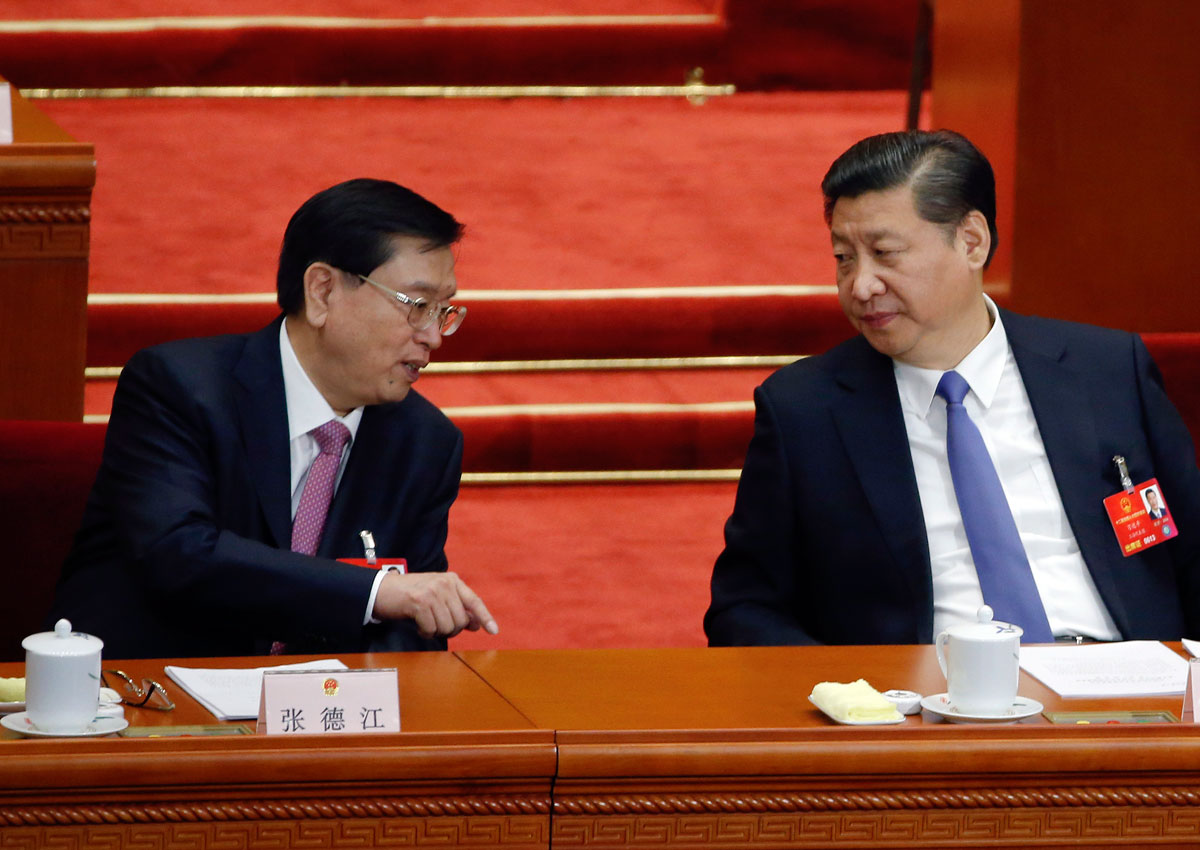China wants to boost its limp charity sector, as part of its grand plan to eliminate poverty within five years. The details of a proposed charity law that would boost donations in one of the world’s least giving nations were presented to the National People’s Congress (NPC), China’s Parliament, yesterday.
“Formulating a charity law… makes contributions to achieving the goal of building a moderately prosperous society in all respects,” said NPC standing committee vice-chairman Li Jianguo. Building a “moderately prosperous society” has been a key recurring theme in this year’s NPC annual meeting.
The government wants to achieve this and lift 70 million people out of poverty by 2020. With the draft law, it has signalled that it sees charity as a potential driver.
The Bill was presented at a session where lawmakers also reviewed the NPC’s work last year, with senior Chinese leader and NPC chief Zhang Dejiang defending a controversial national security law China enacted last year.
While the sweeping law was criticised over fears that it could quash dissent and force foreign companies to turn over intellectual property, Mr Zhang said the law “defines national security in the context of China’s conditions and realities”.
“In the face of a grave and complex situation in the fight against terrorism both at home and abroad, it is of crucial importance that China intensifies its anti-terrorism initiatives,” he said.
He added that the NPC had resolved, or was slated to resolve, 80 per cent of the 8,200 suggestions and criticisms it received during last year’s NPC session.
Looking at the year ahead, Mr Zhang said the NPC will hold a new round of elections at the township and county levels across the country, during which more than 900 million voters are expected to directly elect 2.5 million representatives to local people’s congresses.
But much of the attention yesterday was on charity, which Mr Li said is “indispensable in the fight against poverty”.
The authorities are hopeful the law will rebuild the trust the Chinese have towards charities, following controversies that have hit the sector, such as the case of blogger Guo Meimei, who falsely claimed to work for China’s Red Cross then openly flaunted her wealth and extravagant lifestyle on social media.
Another obstacle is that China’s charitable groups must be affiliated with a government unit, which fuels suspicion from the public.
“Donations are often funnelled back to local governments, with little transparency about how the funds are used,” Beijing-based economist Hu Xingdou told The Straits Times. The new law would scrap the requirement of linking charities with a government organisation.
The current law has resulted in China being the second-least charitable country in the world, above only Burundi, according to a survey by London-based Charitable Aid Foundation last year. Chinese citizens donated just US$16 billion (S$22.1 billion) in 2014, or less than 0.2 per cent of its annual GDP.
The new law will force charities to make available to the public their annual work reports and financial statements. It also seeks to promote volunteerism. “The Chinese are by nature kind and charitable people,” said Dr Hu. “If this law is carried out well, there could be a lot of potential in alleviating poverty.”
chengwee@sph.com.sg

This article was first publisheda on March 10, 2016.
Get a copy of The Straits Times or go to straitstimes.com for more stories.





